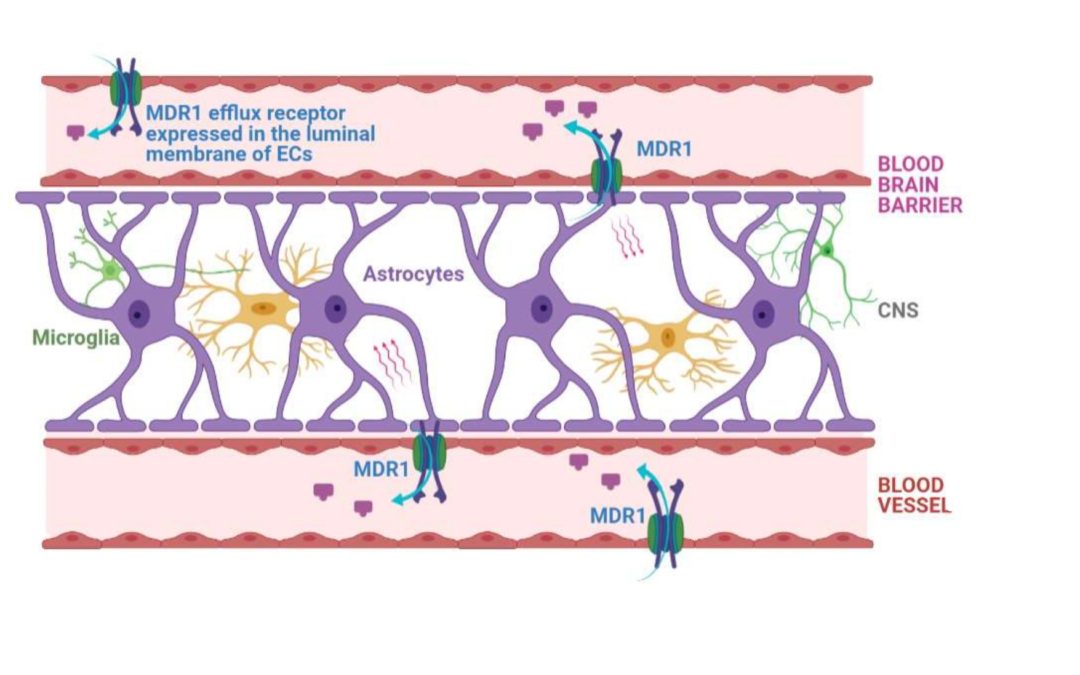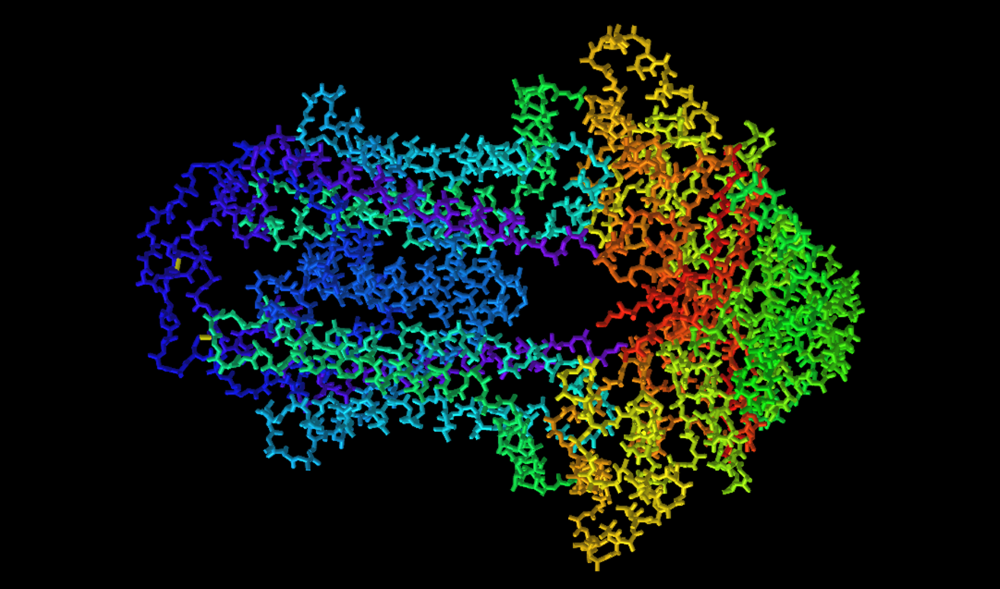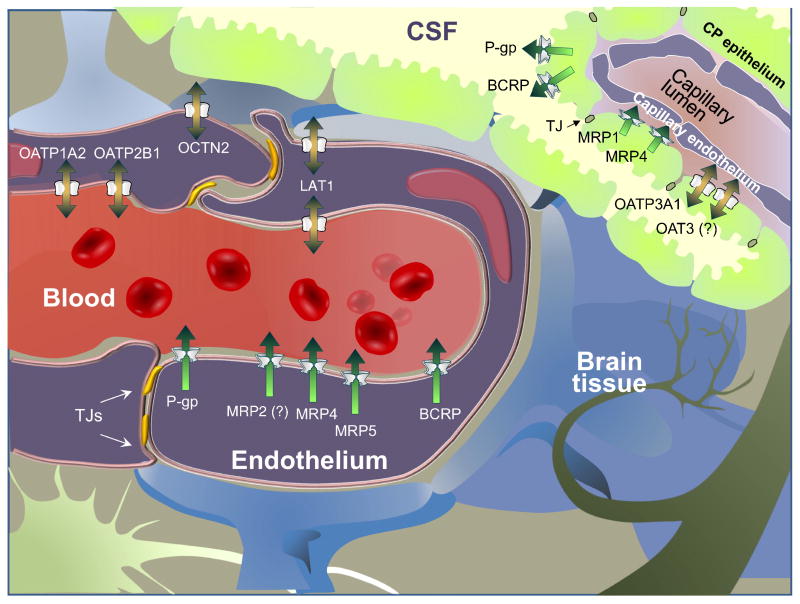
Why evaluate MDR1 receptor affinity in CNS pharmacokinetic assays?
MDCKII cells based in vitro system is a recommended model to evaluate blood-brain barrier permeability during CNS action novel compounds.

MDCKII cells based in vitro system is a recommended model to evaluate blood-brain barrier permeability during CNS action novel compounds.

Publications have confirmed the importance of developing safe chemical agents using membrane transporter analysis as a criterion. This is reflected in the field of pesticides, one of the areas in which this analysis has been most widely applied.

The presence of the superfamily members of the ATP binding cassette (ABC) transporters is well established as the main cause of multidrug resistance, since they efflux therapeutic compounds from cells and reduce the intracellular drug levels.

It is well known that food intake changes luminal conditions (e.g. pH, motility, microbiota,…) in the stomach and the small intestine, modifying drugs bioavailability. Food-drug interactions are one of the major challenges for oral-administered drugs, even more so if considering the growing use of food supplements and functional foods.

The endothelial cells that conform the BBB limit the passage of blood circulating endogenous substrates and larger molecules to the brain. This intrinsic protective role is also a major hurdle for reasearchers developing drugs for Central Nervous System (CNS) disorders.